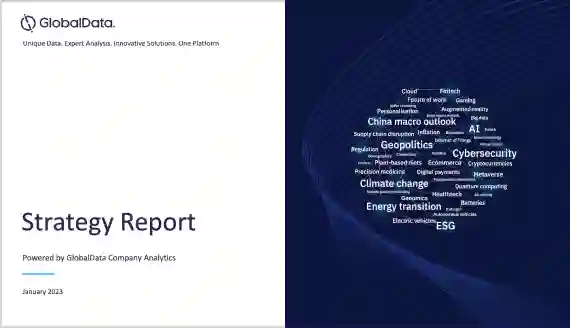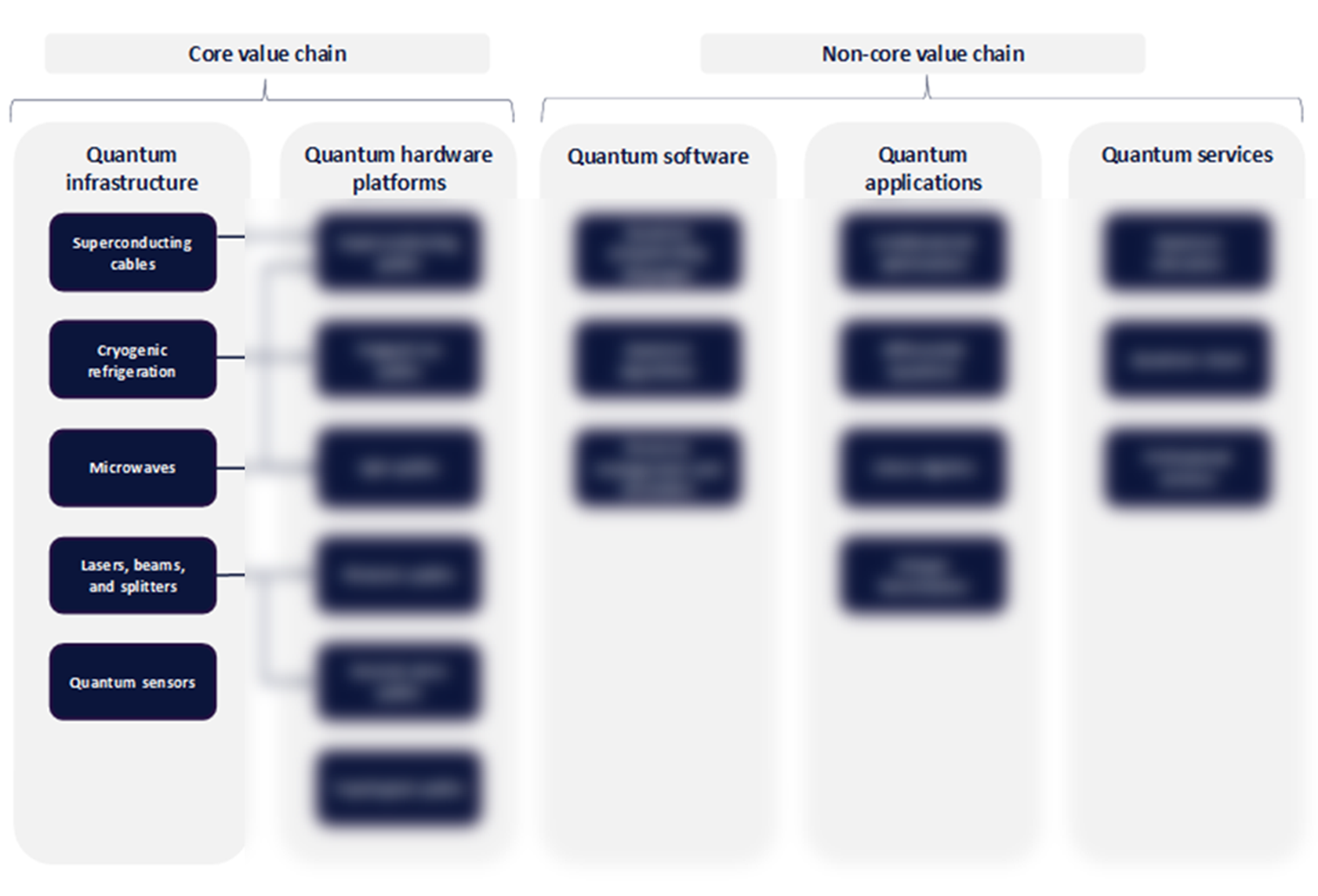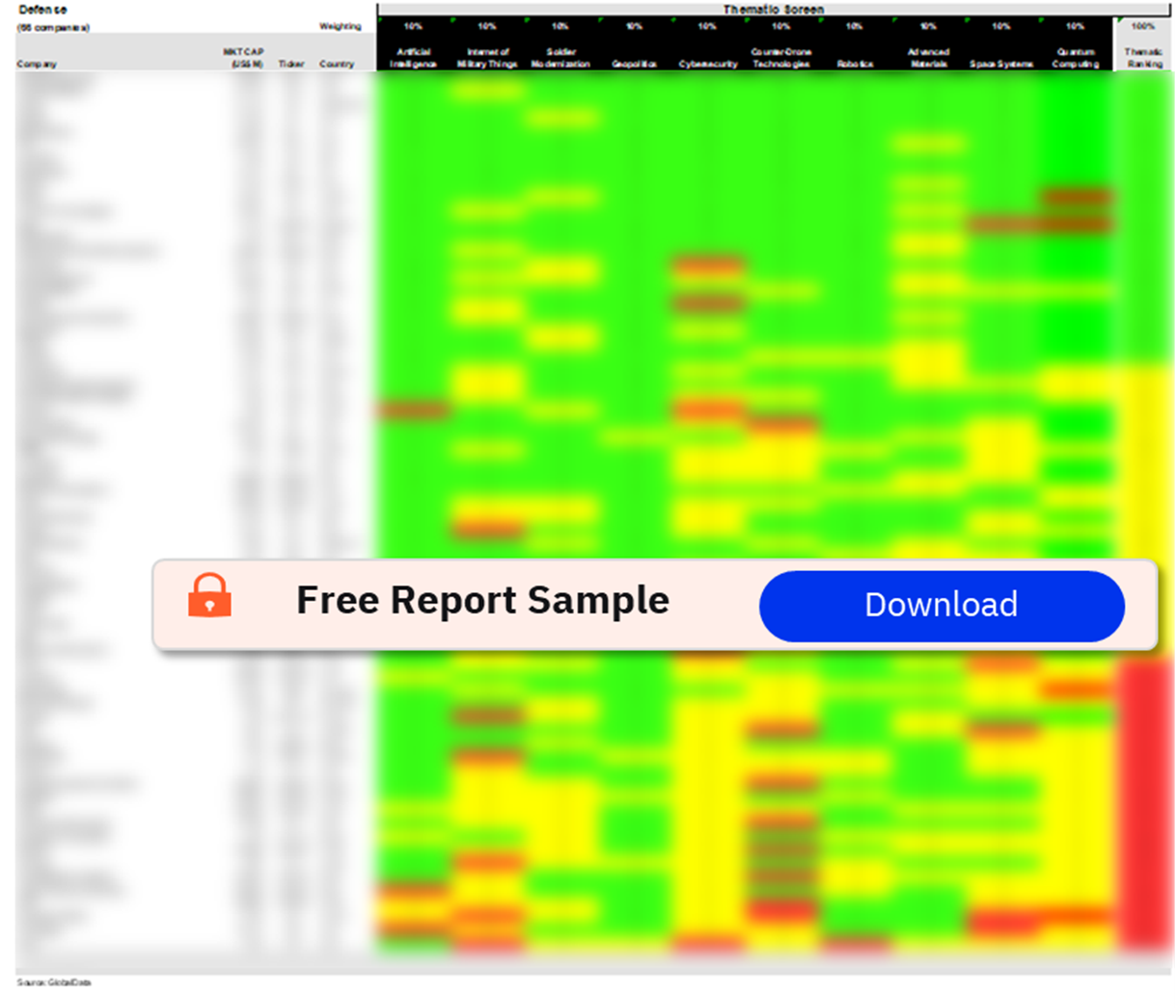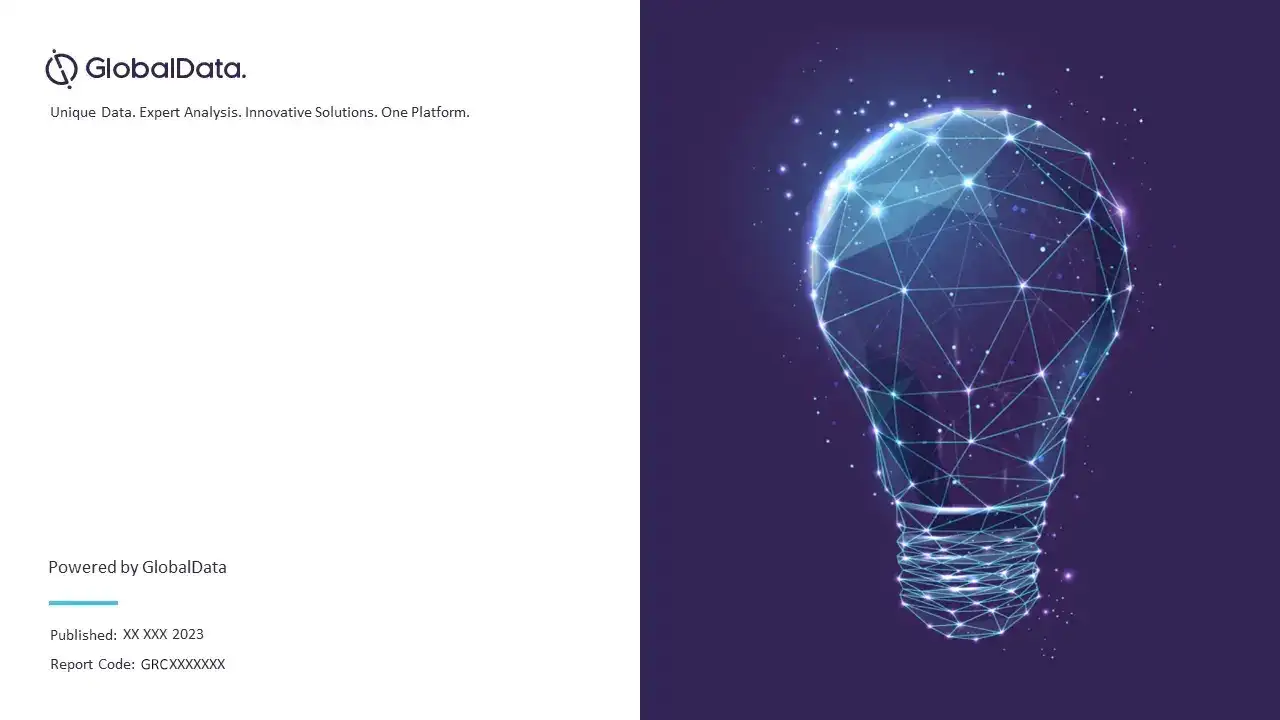Quantum Computing in Aerospace, Defense and Security – Thematic Intelligence
Powered by ![]()
All the vital news, analysis, and commentary curated by our industry experts.
Quantum Computing in Aerospace and Defense Thematic Report Overview
Quantum computing aims to use the counterintuitive behavior of sub-atomic particles to spawn computers of mind-boggling power. Quantum computers can simulate large, uncertain, complicated systems in seconds, including the weather, financial markets, chemical reactions, molecules, and neurons in the human brain. In the aerospace and defense industry quantum capabilities are theorized to have applications in sensing, communications, computing, navigation, and electronic warfare, with the unique properties of quantum mechanics enhancing situational awareness and accelerating decisions throughout the various domains of modern warfare.
The commercial potential of quantum computing technology is still hindered by well-known obstacles, despite the market’s continued global expansion. The complexity of producing a functional quantum computer continues to stymie the development of practical applications in the defense sector and beyond. However, steady investment in this sector is revealing new design philosophies. These new design philosophies could accelerate the timetable for eventual deployments. Additionally, studies on the potential for quantum systems are promising and can enhance existing capabilities.
The ‘Quantum Computing in Aerospace and Defense’ thematic intelligence report gives you an in-depth insight into the quantum computing market and the impact it will have on the aerospace and defense industry. It further entails a deep-dive analysis of the industry, including real-life use case studies that showcase the impact of quantum computing on aerospace and defense. The report identifies the key market trends that will shape quantum computing in defense theme over the coming years and gives an insight into the market players and the competitive landscape within the theme.
| Report Pages | 79 |
| Regions Covered | Global |
| Value Chain | · Quantum Infrastructure
· Quantum Hardware Platforms · Quantum Software · Quantum Applications · Quantum Services |
| Key Trends | · Technology Trends
· Macroeconomic Trends · Regulatory Trends |
| Leading Aerospace and Defense Companies | · Airbus
· BAE Systems · Bright Apps · Boeing · CETC |
| Leading Public Technology Companies | · Alibaba
· Amazon · Alphabet(Google) · IBM · Microsoft |
| Leading Private Technology Companies | · 1Qbit
· Algorithmiq · Cambridge Quantum Computing · D-Wave · IonQ |
| Enquire & Decide | Discover the perfect solution for your business needs. Enquire now and let us help you make an informed decision before making a purchase. |
Quantum Computing in Aerospace and Defense – Key Trends
The primary trends that will shape the quantum computing in defense theme over the next 12 to 24 months are classified into technology trends, macroeconomic trends, and regulatory trends.
- Technology trends: The key technology trends impacting the quantum computing in defense theme are the high demand for advanced materials & silicon photonics, the development of algorithms, the availability of cloud-based quantum services, the use of hybrid quantum computing, and the growing investment in sovereign capabilities among others.
- Macroeconomic trends: Geostrategic competition between economic and military superpowers, industrial research and developmentoutpacing the defense sector, growing hype around quantum computing’s potential, the rising procurement and defense R&D costs, and major supply-chain bottlenecks are a few of the key macroeconomic trends expected to influence the market.
- Regulatory trends: The tightening of FDI screening and the growing threat around internet encryption protocols are part of the regulatory trends impacting the quantum computing market.
Quantum Computing in Aerospace and Defense - Value Chain Analysis
The quantum computing value chain consists of quantum infrastructure, quantum hardware platforms, quantum software, quantum applications, and quantum services.
Quantum infrastructure: The quantum infrastructure segment of the value chain comprises the components needed to start building a quantum computer. The infrastructure required depends on the qubit’s architecture. For example, superconducting qubits require superconducting cables for operation, whereas photonic qubits need lasers.
Quantum Computing Value Chain Analysis
Buy the Full Report for More Insights into the Quantum Computing Value Chain
Leading Aerospace and Defense Companies
A few leading aerospace and defense companies making their mark within the quantum computing theme are:
- Airbus
- BAE Systems
- Bright Apps
- Boeing
- CETC
Leading Public Technology Companies
The leading listed players associated with the quantum computing theme are:
- Alibaba
- Amazon
- Alphabet(Google)
- IBM
- Microsoft
Leading Private Technology Companies
The leading private companies associated with the quantum computing theme are:
- 1Qbit
- Algorithmiq
- Cambridge Quantum Computing
- D-Wave
- IonQ
Buy the Full Report to Know More about the Leading Companies within the Quantum Computing in Defense Theme
3D Sector Scorecard
At GlobalData, we use a scorecard approach to predict tomorrow’s leading companies within each sector. Our power sector scorecard has three screens: A thematic screen, a valuation screen, and a risk screen.
- The thematic screen ranks companies based on overall leadership in the 10 themes that matter most to their industry, generating a leading indicator of future performance.
- The valuation screen ranks our universe of companies within a sector based on selected valuation metrics.
- The risk screen ranks companies within a particular sector based on overall investment risk.
3D Sector Scorecard – Thematic Screen
Buy the Full Report to Know More about the 3D Sector Scorecards
Scope
• Studies of emerging technological trends and their broader impact on the defense market.
• Analysis of the defense related quantum computing projects currently under development, as well cross-industry research initiatives which could impact the future applications of this technology.
Key Highlights
- Scientific overview of Quantum Computing
- Studies of emerging technological trends and their broader impact on the market.
- Analysis of the various technologies programs currently under development, their history, and projections on future development initiatives.
Reasons to Buy
- Determine potential investment companies based on trend analysis and market projections.
- Gaining an understanding of the market challenges and opportunities surrounding the Quantum Computing theme.
- Understand how spending on Quantum Computing will fit into the overall market and which spending areas are being prioritized.
Coax
ColdQuanta
Coherent
Oxford Instruments
Zurich Instruments
Miraex
Qontrol Systems
Stirling Cryogenics
Supercon
Temati
WEKA
Alibaba
Microsoft
IBM
Honeywell
IonQ
PsiQuantum
Infineon
NEC
Quandela
Nokia
RTX Corp
QuTech
D-Wave
Q-CTRL
Riverlane
Cambridge Quantum
Baidu
1Qbit
Horizon Quantum
Xanadu
Rigetti
QxBranch
PQShield
QBitShield
Acenture
Amazon
EY
QC Ware
McKinsey
Qubitekk
Mphasis
StrangeWorks
Airbus
CETC
Lockheed Martin
Northrop Grumman
Boeing
BAE Systems
CSIC
ColdQuanta
ORCA
Bright Apps
Table of Contents
Frequently asked questions
-
What are the key technology trends impacting quantum computing in aerospace and defense?
The key technology trends impacting the quantum computing in defense theme are the high demand for advanced materials & silicon photonics, the development of algorithms, the availability of cloud-based quantum services, the use of hybrid quantum computing, and the growing investment in sovereign capabilities among others.
-
What are the key macroeconomic trends impacting quantum computing in aerospace and defense?
Geostrategic competition between economic and military superpowers, industrial research and development outpacing the defense sector, growing hype around quantum computing’s potential, the rising procurement and defense R&D costs, and major supply-chain bottlenecks are a few of the key macroeconomic trends expected to influence the market.
-
What are the key regulatory trends impacting quantum computing in aerospace and defense?
FDI screening and a threat of Internet encryption are part of the regulatory trends impacting the Quantum Computing market.
-
What are the key components of the quantum computing value chain?
The tightening of FDI screening and the growing threat around internet encryption protocols are part of the regulatory trends impacting the quantum computing market.
Get in touch to find out about multi-purchase discounts
reportstore@globaldata.com
Tel +44 20 7947 2745
Every customer’s requirement is unique. With over 220,000 construction projects tracked, we can create a tailored dataset for you based on the types of projects you are looking for. Please get in touch with your specific requirements and we can send you a quote.
Related reports
View more Aerospace and Defense reports












